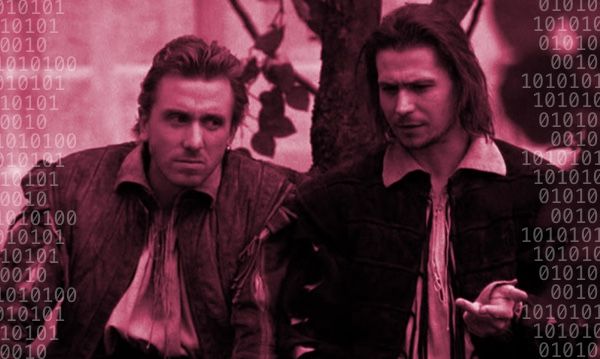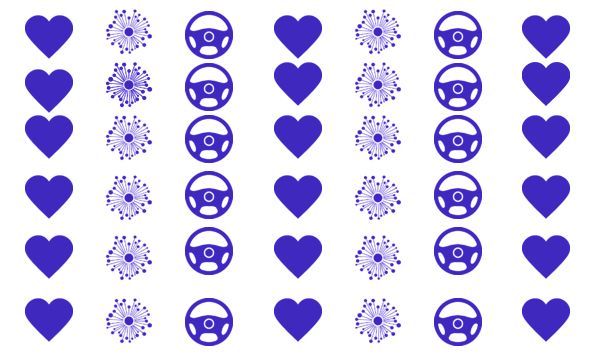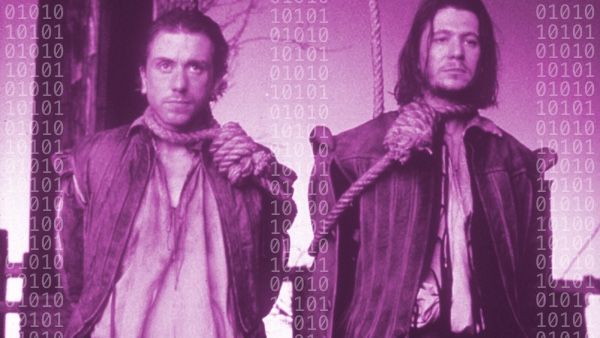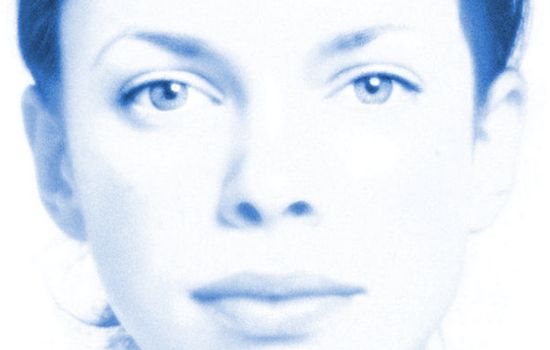
What if, one day, you discover that your fulfilling social media life was completely wrong? What if your castle of self gratification and instant connections, friends and followers, mobile power and desktop automation would fall apart? We do not need an incoming Apocalypse to ask the right questions, we just need to stop one moment and think.
I’ve been walking around in a kind of a daze for weeks and everywhere I go I find myself scribbling something down: open web first. Open. Web. First.

The open web is the internet we build together out of the social media walls. It’s the post you write on your own blog, the note you take and share, the snapshot of a moment. It’s something you make for the whole web, out of Facebook, out of Instagram, Twitter, Tumblr, Medium and any other well engineered social media platform. Then you distribute it and link it as you wish.
Why do I care about the open web? Because it’s open. Because it’s the web itself.
It is a content distribution system one can control. For contents that you ultimately own and certainly you can share. Actually thinking “open web first” gives you the opportunity to share twice: 1) with the whole internet; 2) with any social platform and any restricted circle you desire. It’s something I can easily search and link, a liquid matter of knowledge we all can own and control at any time of our life. Not only a flash of a moment, an insta-something of truth you can miss just because you weren’t following the right dude at the right time.
Think about your social routine today: posts living only on Facebook, buried in endless timelines. It can be acceptable if you’re sharing the photos of your cat, but if you’re a communicator, in the public square, you should think “open web first” and get control of your content.
You can start reading about it following Dave Winer’s blog posts, or studying the IndieWebCamp wiki. They wrote about the open web better than me. Then you can rethink your paradigm, or keep going on, knowing even more.
Yes, we have a problem: open web should be for the masses, but now it’s not that cool to join. It’s 2016, social platforms are easy and beautiful and powerful: they can gather all your friends with a glance of an API, give you instant likes, compress your videos, make you an influencer. They gain value of your content, but - if you can use them, if you’re creative enough - they pay you back. They also can get closer to the open web we have in mind, check Medium’s latest efforts and you’ll understand.
An open web tool can be difficult, I’m learning the hard way trying that transition: you have to set up your own server, find a CMS, learn some coding, find your way to share your content after you publish, protect your vault. You can lose time and immediacy, you can swear and cry, make a mess and start again. It’s what we do when we change our daily habits and start living better. It’s what you do when you start eating healthy, put on a pair of shoes and start running your first mile, when you collect your garbage properly, when you discover you can even floss every day (never been able to do that). It’s good for you, it’s good for the environment. And, somehow, it’s also “shakespearesque”.
“There must have a moment, at the beginning, where we could have said – no. But somehow we missed it”.
- Tom Stoppard, Rosencrantz and Guildenstern are dead

PS: easter egg, find the paragraph I totally stole from West Wing, S03E10, Bartlet for America.


